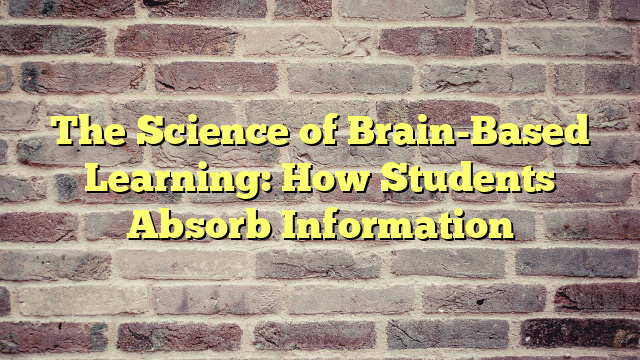Memory is a complex and fascinating aspect of human cognition. It allows us to store and retrieve information, learn new skills, and navigate our daily lives. One of the key players in the process of memory formation and retrieval is the hippocampus, a seahorse-shaped structure located in the brain.
The Hippocampus and Memory Formation
The hippocampus plays a crucial role in the formation of new memories. It acts as a sort of memory storage center, where new information is processed and integrated into existing neural networks. When we experience something new, like meeting a new person or learning a new skill, the hippocampus is responsible for encoding that information and storing it for future retrieval.
Studies have shown that damage to the hippocampus can result in severe memory deficits, such as the inability to form new memories or recall past events. This was famously demonstrated in the case of patient H.M., who had his hippocampus removed to treat severe epilepsy and subsequently lost the ability to form new memories.
The Hippocampus and Memory Retrieval
In addition to its role in memory formation, the hippocampus also plays a crucial role in memory retrieval. When we try to remember something, the hippocampus helps us access the relevant information stored in our brain and piece it together into a coherent memory.
Research has shown that different regions of the hippocampus are involved in different aspects of memory retrieval. For example, the CA1 region is thought to be involved in the retrieval of spatial memories, while the dentate gyrus is involved in the retrieval of episodic memories.
The Hippocampus and Spatial Memory
One of the most well-studied functions of the hippocampus is its role in spatial memory. The hippocampus contains place cells, which are neurons that fire when an animal is in a specific location in its environment. These place cells help us navigate our surroundings and form cognitive maps of our environment.
Studies in rodents have shown that damage to the hippocampus impairs their ability to navigate mazes and remember the location of food rewards. This suggests that the hippocampus is crucial for spatial memory and navigation.
Conclusion
The hippocampus plays a crucial role in memory formation and retrieval, particularly in the encoding of new information and the retrieval of existing memories. Damage to the hippocampus can result in severe memory deficits, highlighting its importance in human cognition.
Further research is needed to fully understand the intricacies of the hippocampus and its role in memory. By unraveling the mysteries of memory, we may be able to develop new treatments for memory disorders and improve our understanding of the human brain.
FAQs
Q: Can the hippocampus regenerate cells?
A: While the hippocampus does have some capacity for neurogenesis (the formation of new neurons), its ability to regenerate cells is limited compared to other regions of the brain.
Q: Can damage to the hippocampus be reversed?
A: In some cases, damage to the hippocampus can be partially reversed through neuroplasticity, which is the brain's ability to reorganize itself and form new neural connections. However, severe damage to the hippocampus may result in permanent memory deficits.
Q: Can memory loss be prevented by exercising the hippocampus?
A: While physical and cognitive exercises can help maintain brain health and potentially improve memory function, there is no guaranteed way to prevent memory loss by specifically targeting the hippocampus.
Unlock Your Mental Potential



